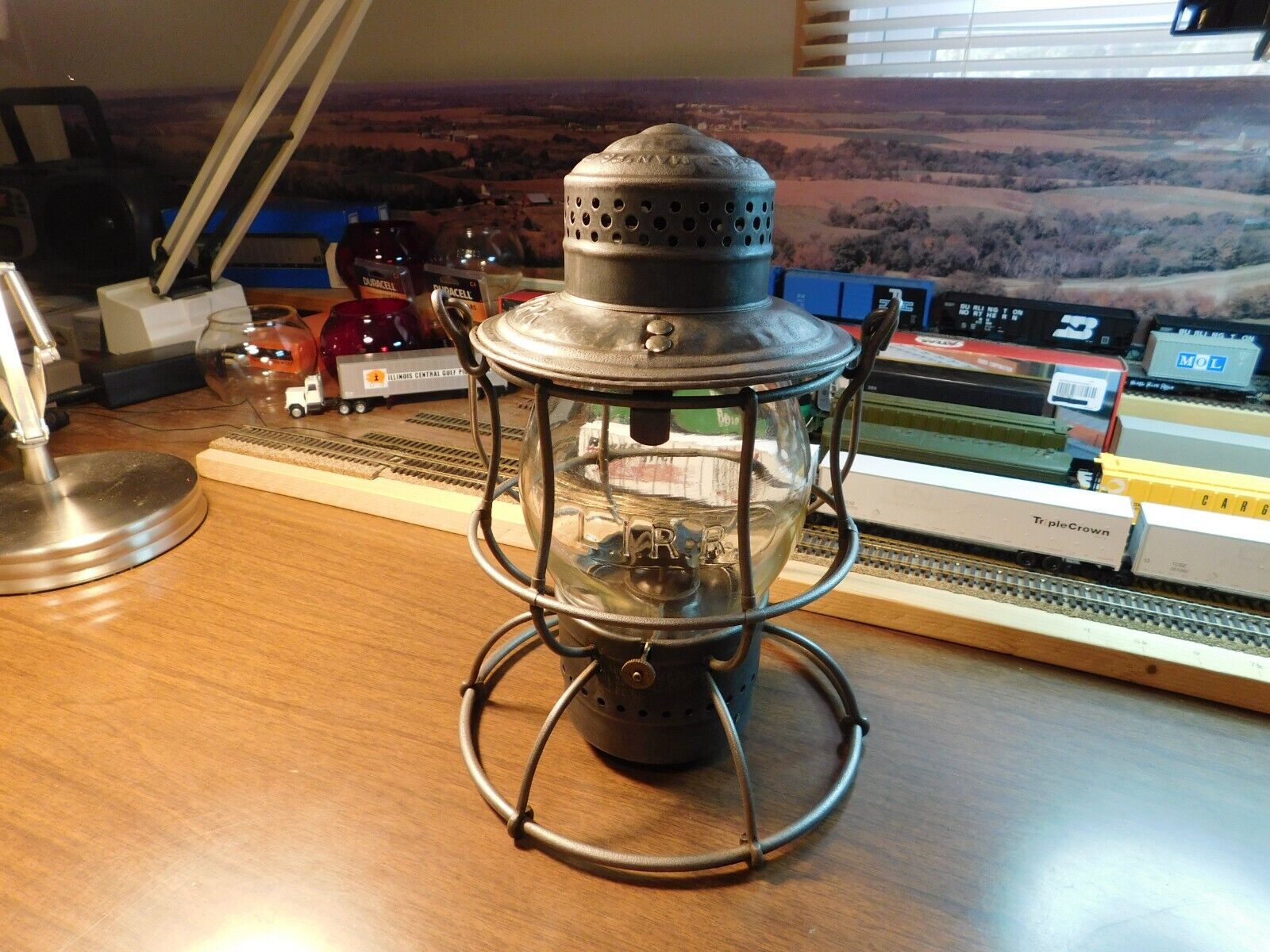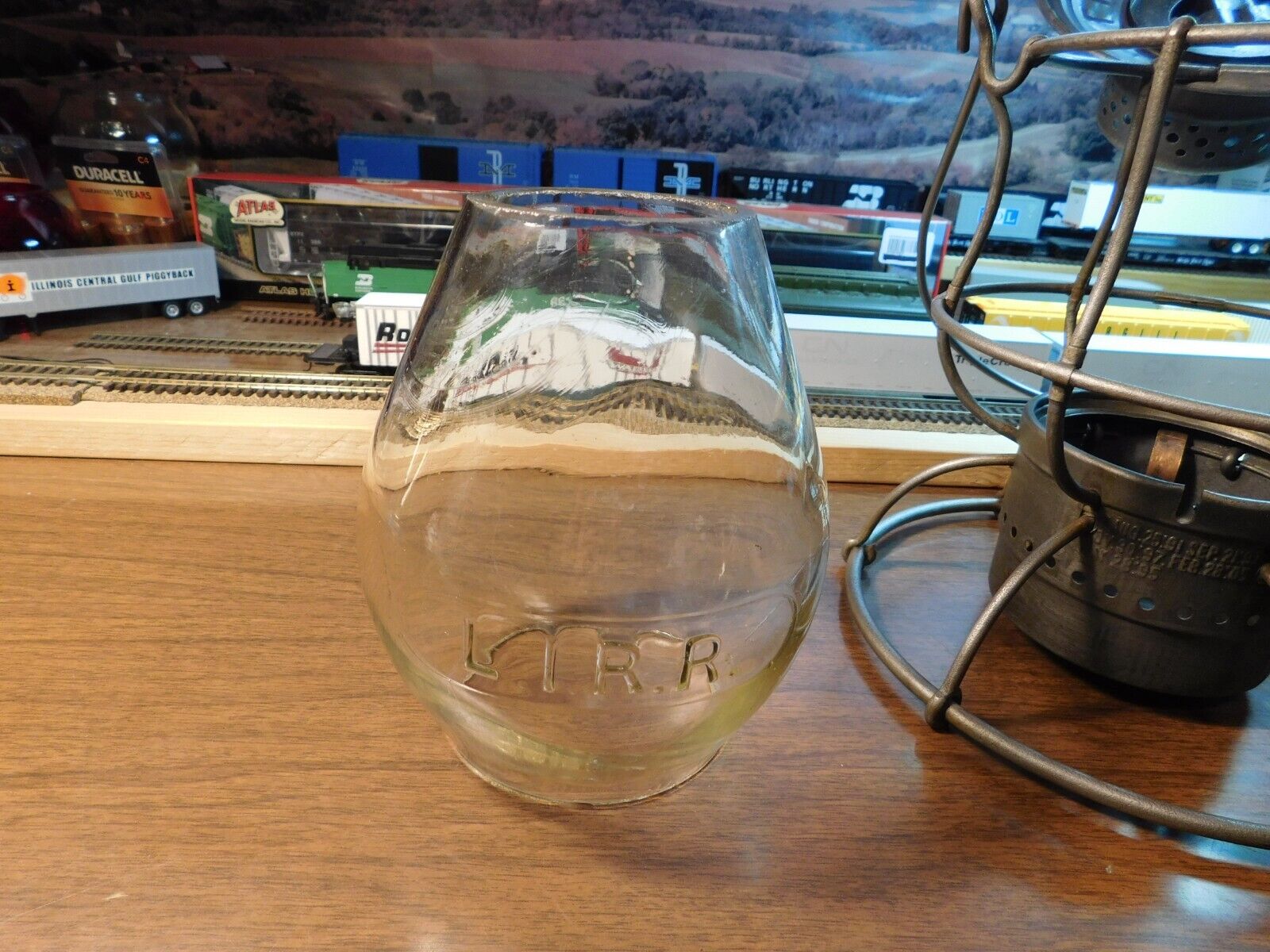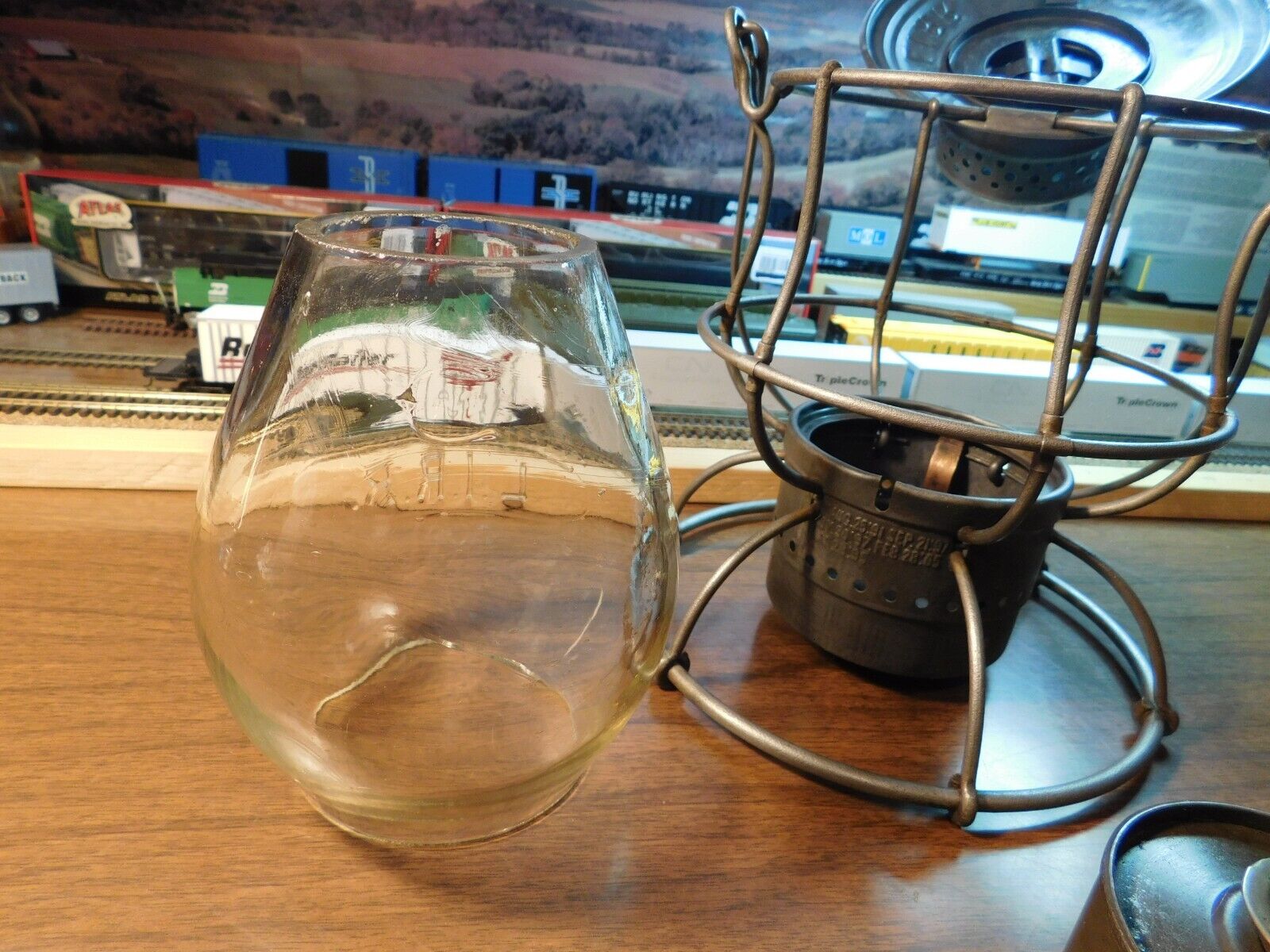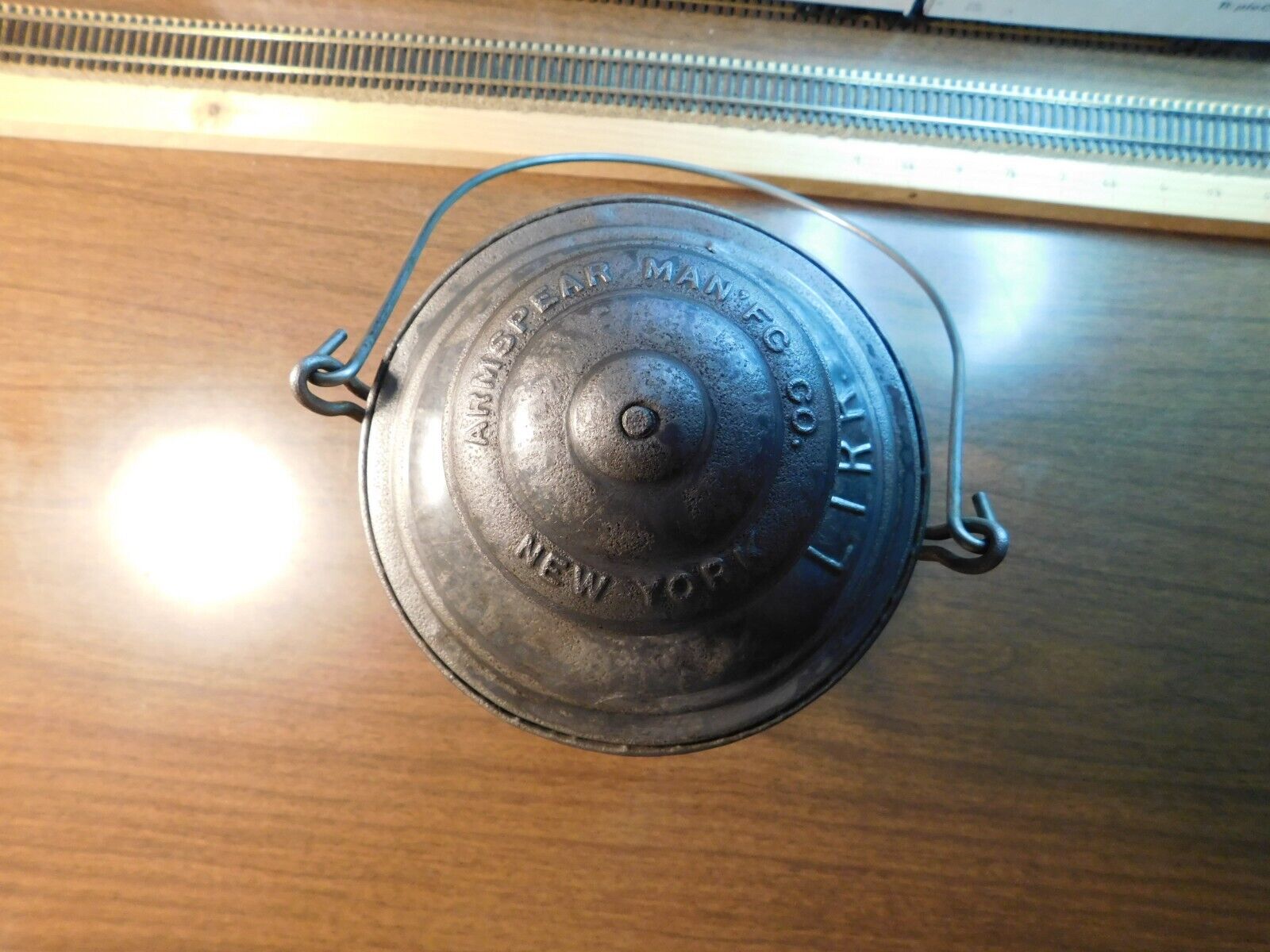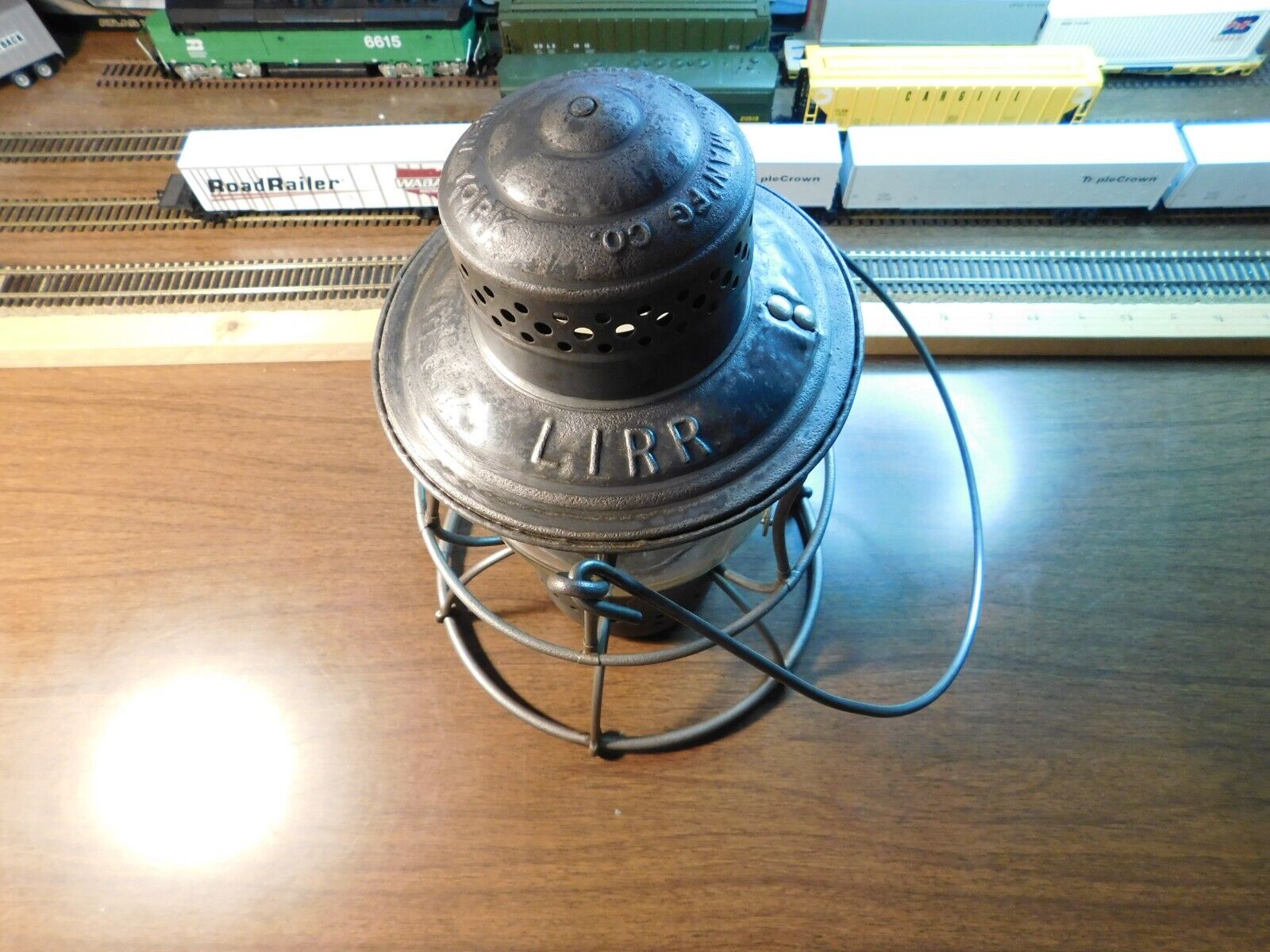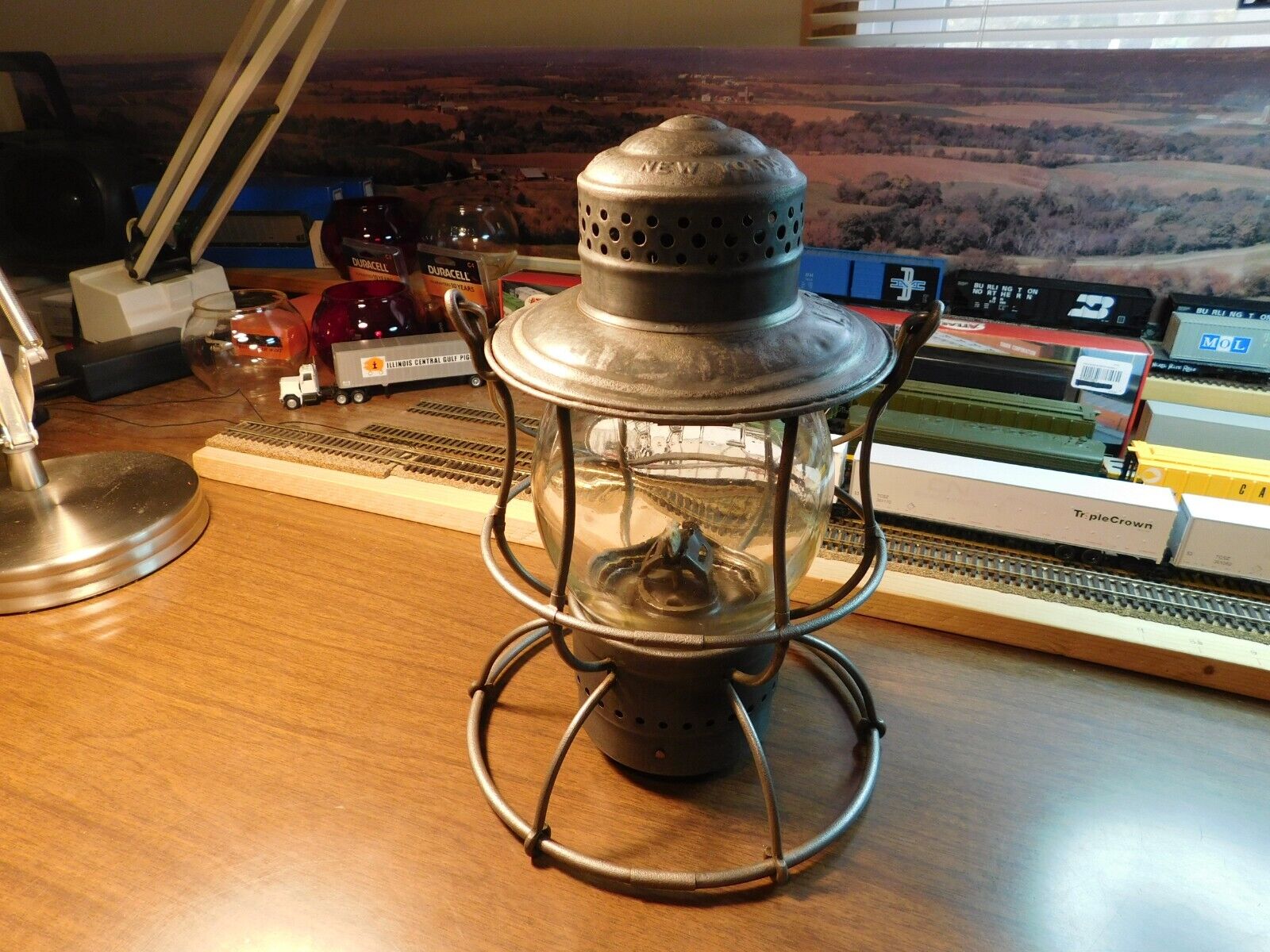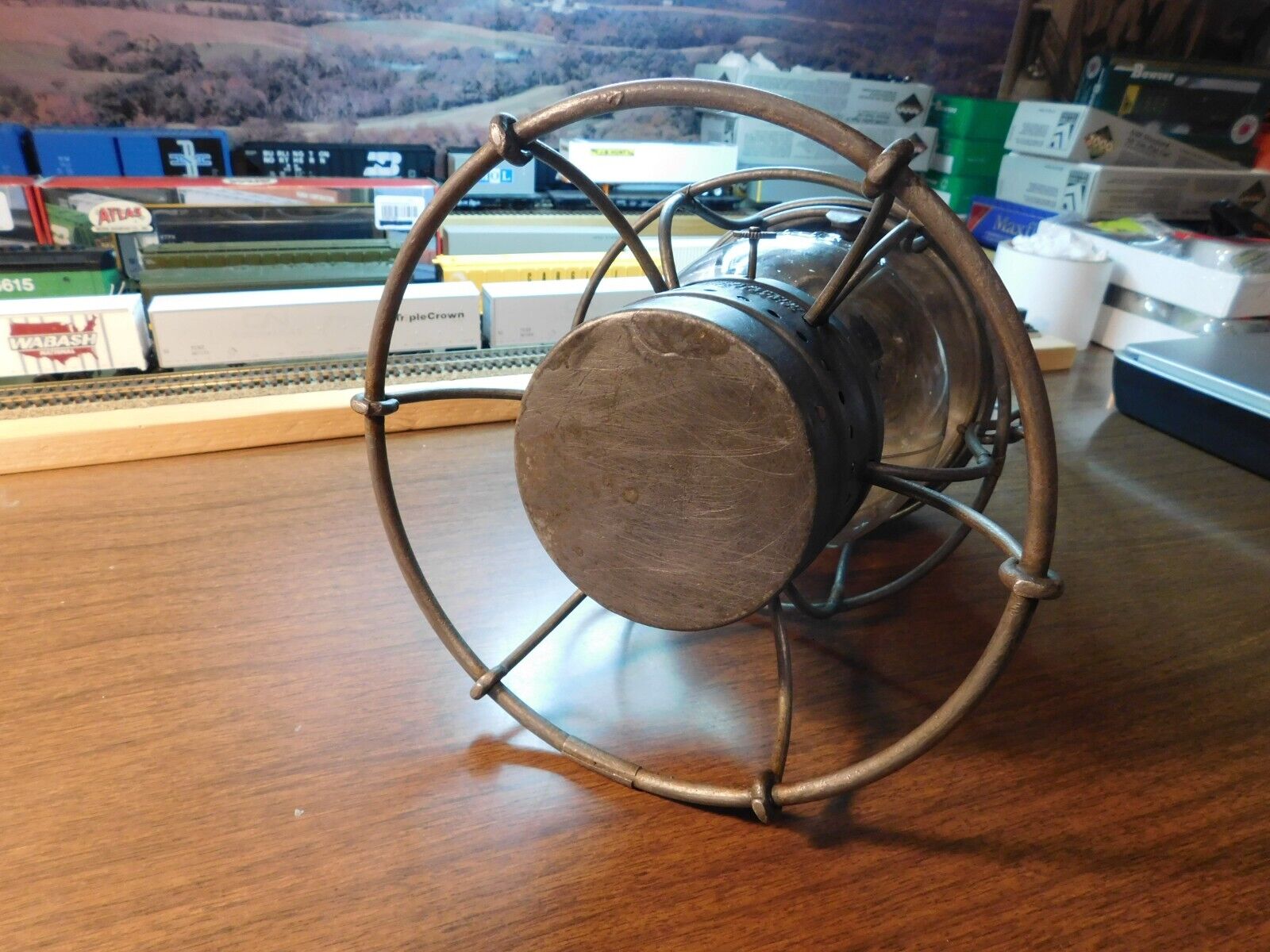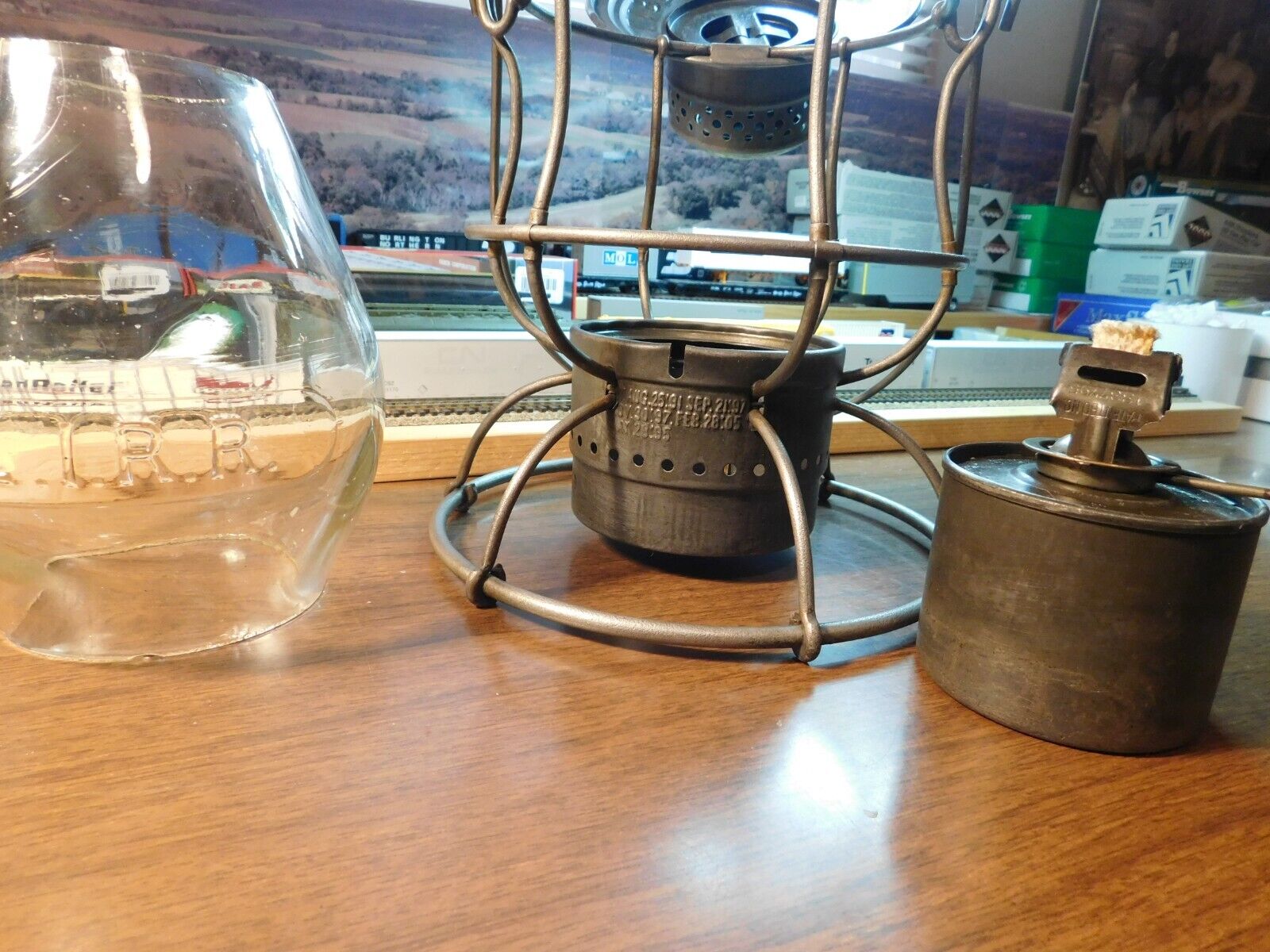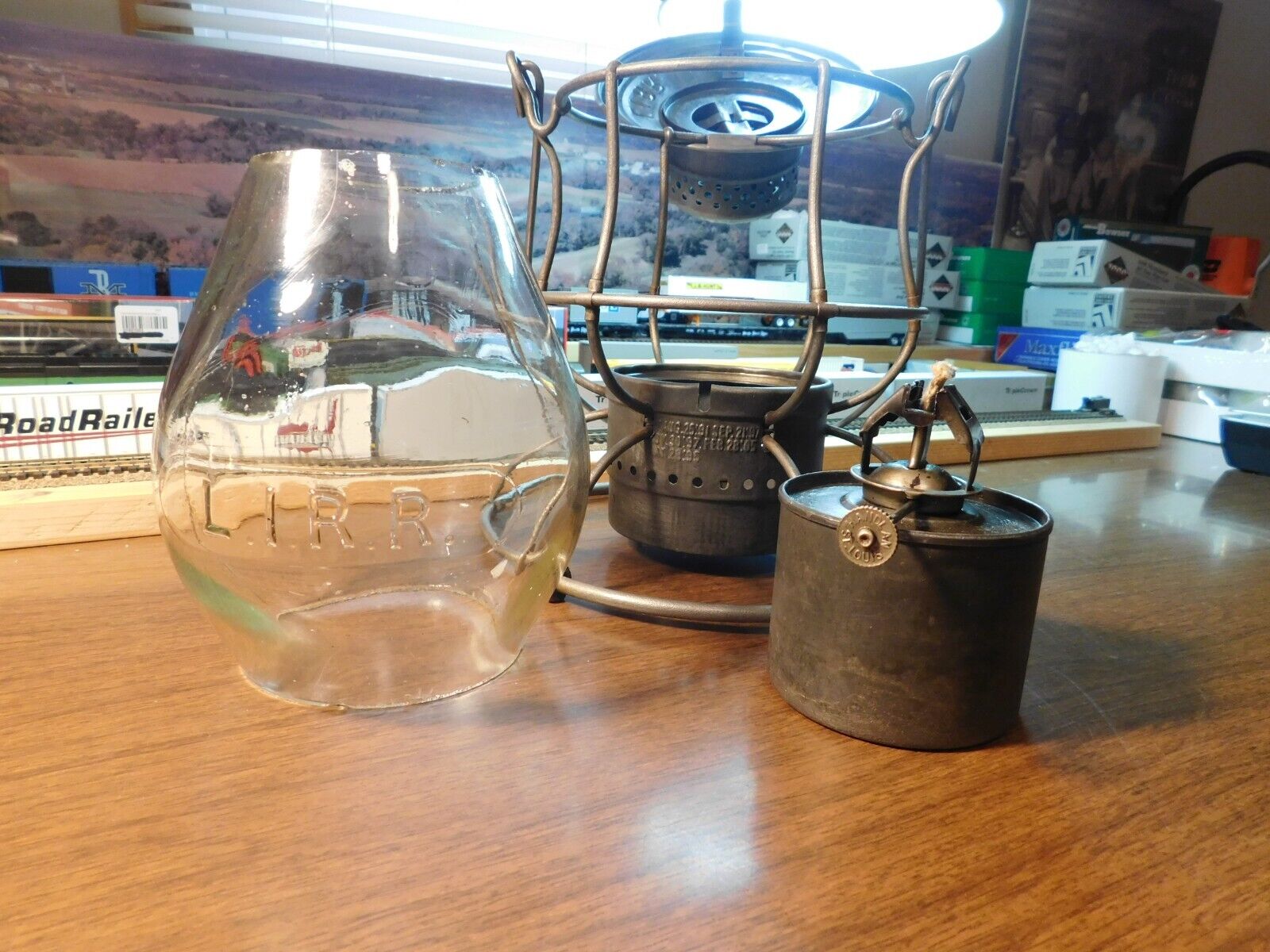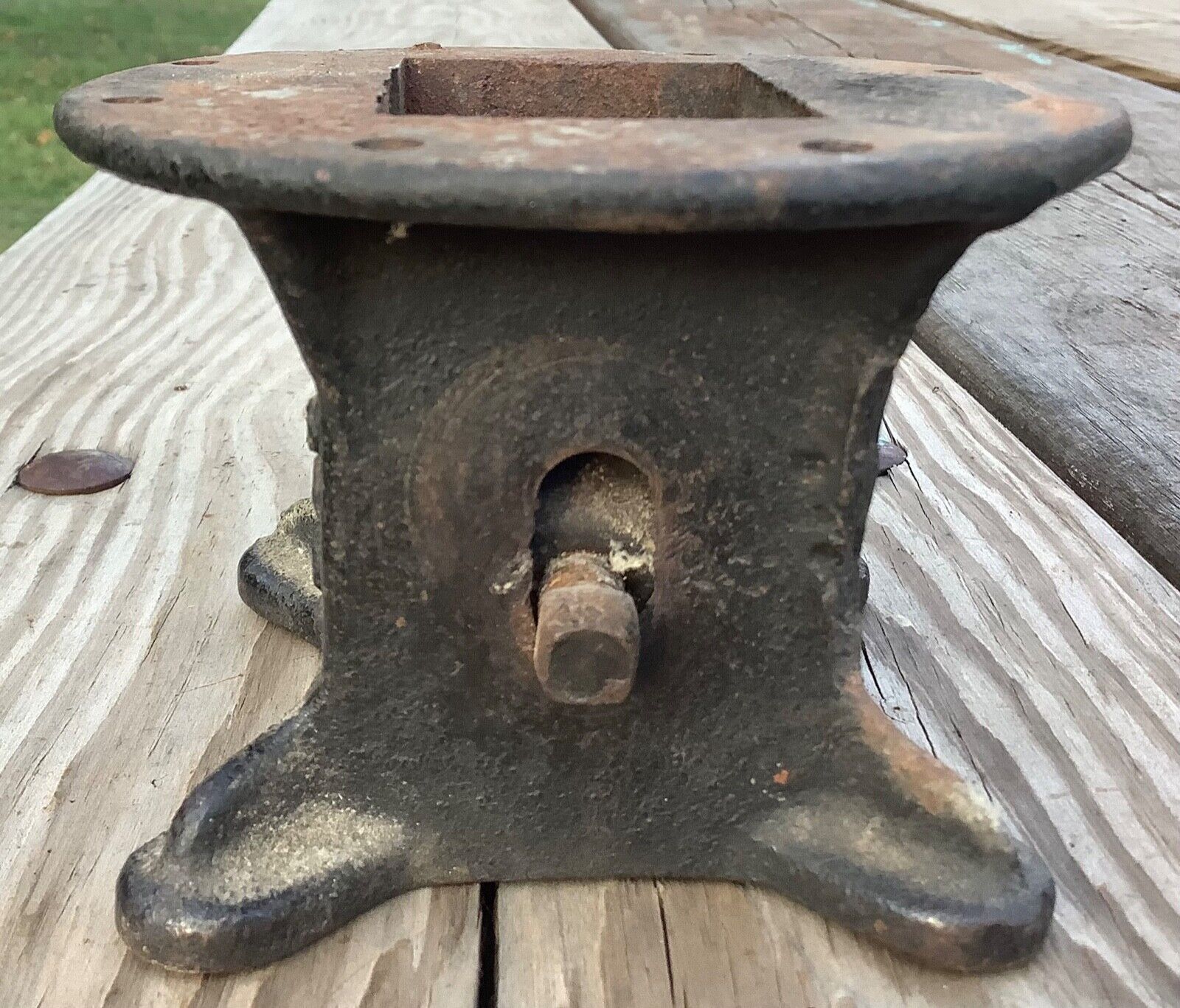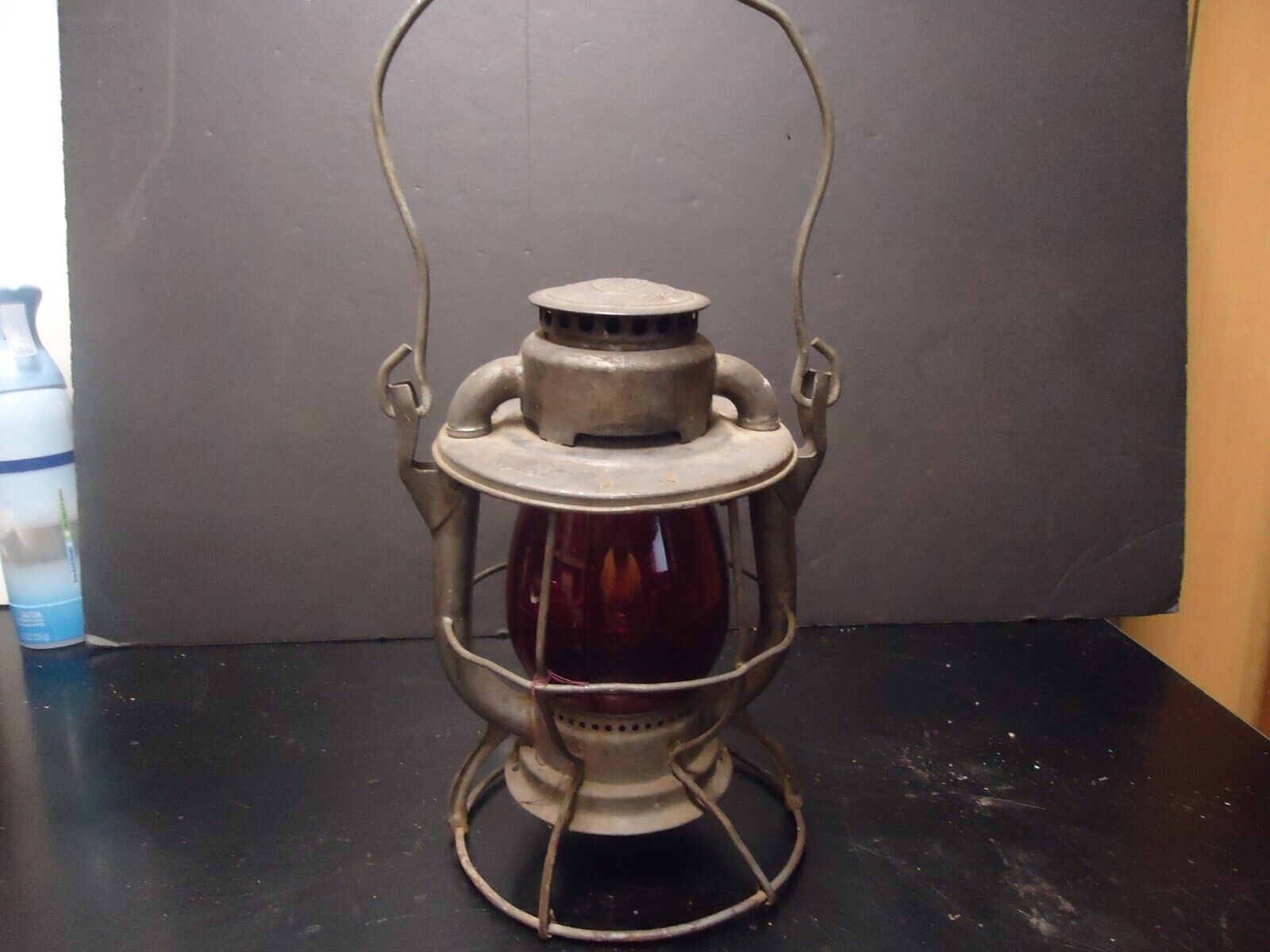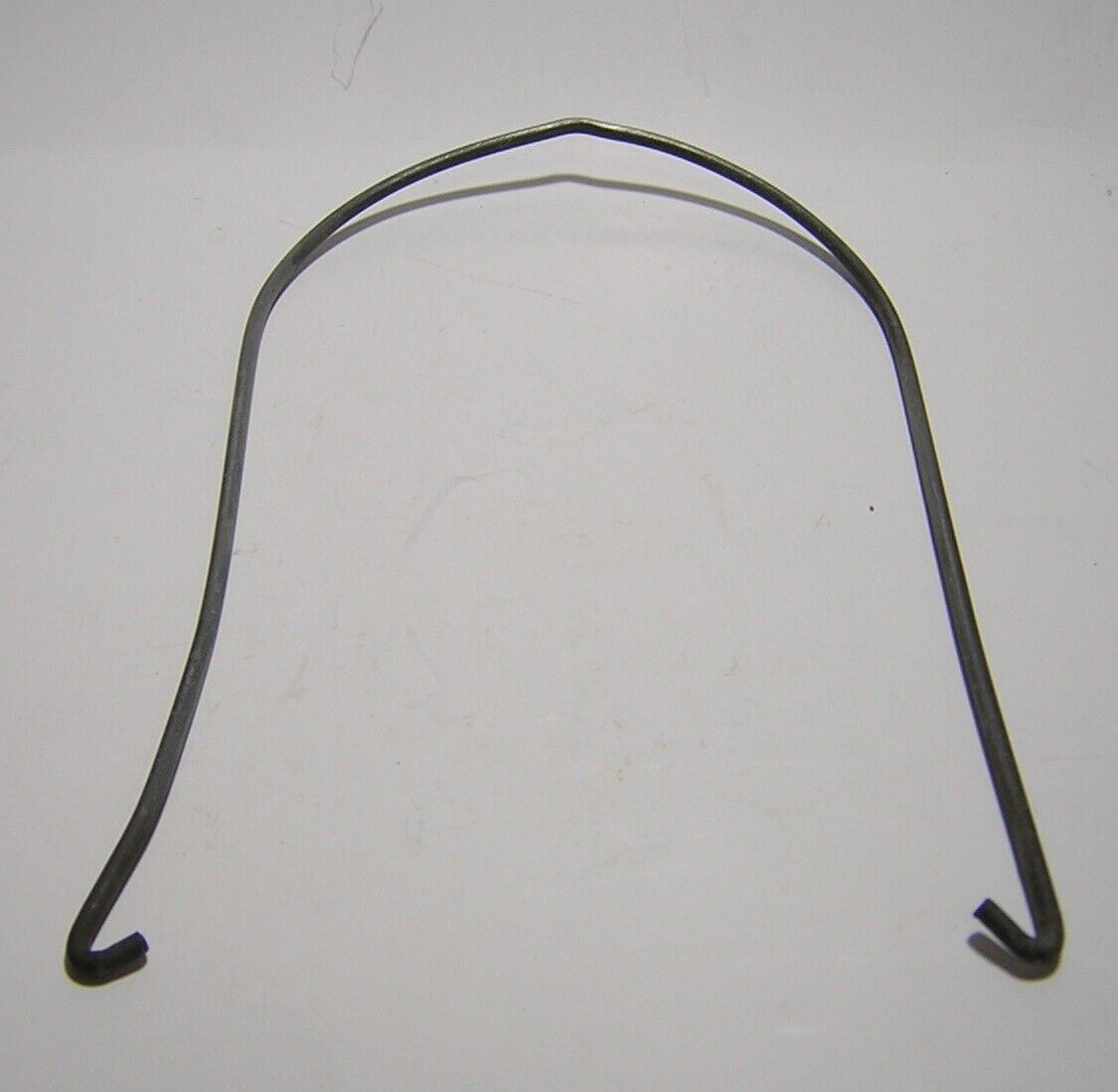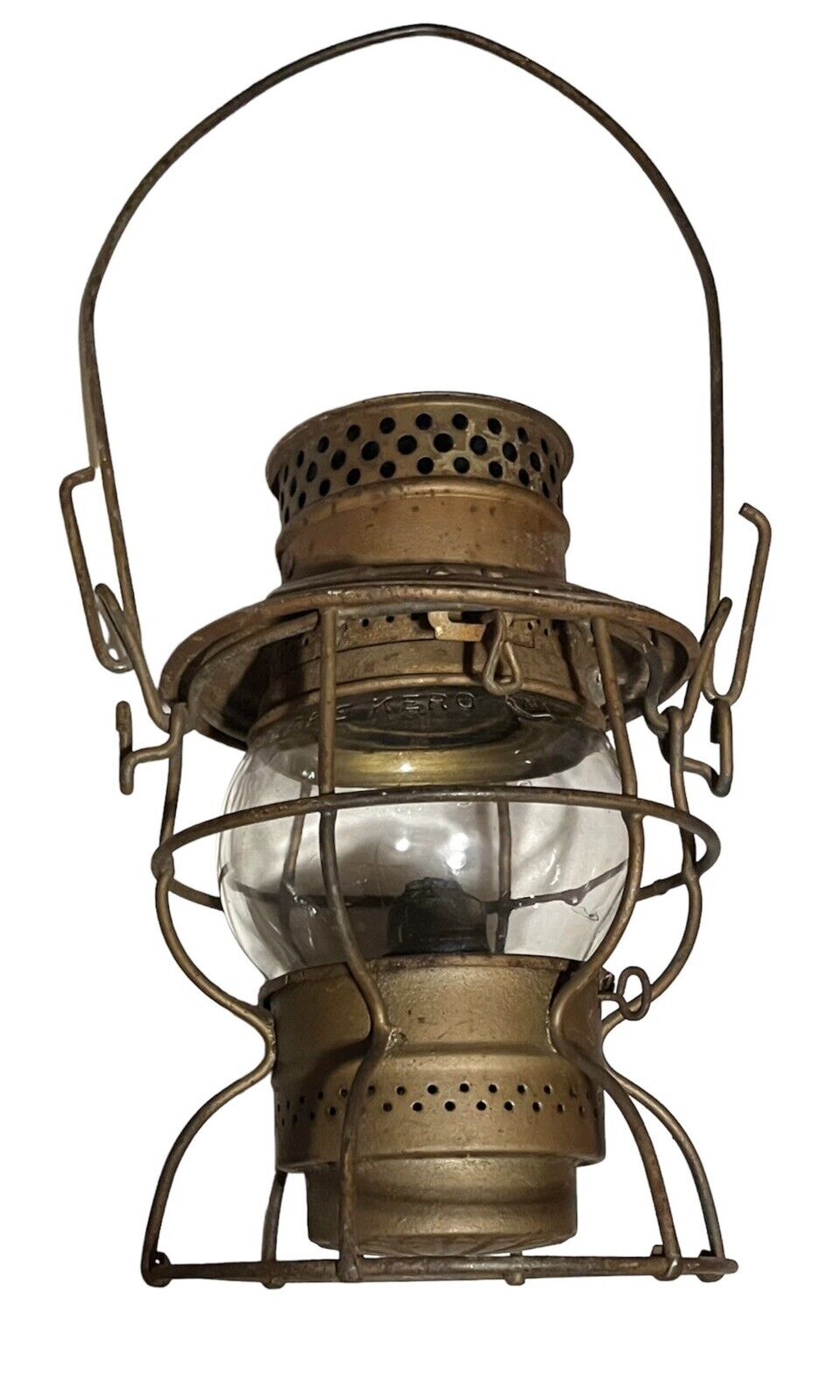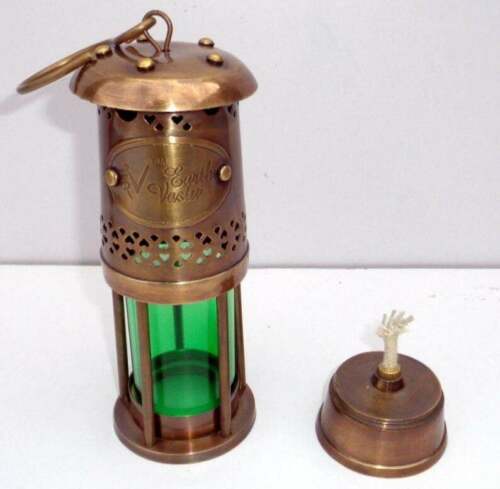-40%
LONG ISLAND RAILROAD LANTERN ARMSPEAR MAN'FG CO. NEW YORK L.I.R.R. 1891
$ 210.93
- Description
- Size Guide
Description
LONG ISLAND RAILROADThis rare piece of Railroad history is made by
ARMSPEAR MANUFACTURING COMPANY
for the
LONG ISLAND RAILROAD
. The lantern is marked
ARMSPEAR MAN'FG CO. NEW YORK L.I.R.R.
first patented AUG. 25, 1891, last date FEB. 28, 1905. The Corning clear glass globe is embossed
L.I.R.R. Cnx N,
NO CRACKS some small flea chips around the rims. The burner is stamped HANDLAN ST. LOUIS PATENTED NO. 1337795, fuel fount is stamped PATENT NO. 1959128 and PRR inside a Keystone on the bottom. Both in good working order. Frame has some light pitting and some small dents on the hood. Please view photos and email with questions. Thanks for looking!
Long Island Railroad History
[
edit
]
Main article:
History of the Long Island Rail Road
George Bradford Brainerd (American, 1845-1887).
Station, Bay Shore, Long Island, September 1879.
Collodion silver glass wet plate negative.
Brooklyn Museum
LIRR (Montauk & NY)
RPO
cover (TR27) for the railroad's 100th anniversary in April 1934
The
Long Island Rail Road Company
was chartered in 1834 to provide a daily service between New York and Boston via a ferry connection between its
Greenport, New York
, terminal on Long Island's North Fork and
Stonington, Connecticut
. This service was superseded in 1849 by the land route through Connecticut that became part of the
New York, New Haven and Hartford Railroad
. The LIRR refocused its attentions towards serving Long Island, in competition with other railroads on the island. In the 1870s, railroad president
Conrad Poppenhusen
and his successor
Austin Corbin
acquired all the railroads and consolidated them into the LIRR.
[13]
The LIRR was unprofitable for much of its history. In 1900, the
Pennsylvania Railroad
(PRR) bought a controlling interest as part of its plan for
direct access to Manhattan
which began on September 8, 1910. The wealthy PRR subsidized the LIRR during the first half of the new century, allowing expansion and modernization.
[7]
Electric operation began in 1905.
[14]
After the
Second World War
, the railroad industry's downturn and dwindling profits caused the PRR to stop subsidizing the LIRR, and the LIRR went into
receivership
in 1949. The
State of New York
, realizing how important the railroad was to Long Island's future, began to subsidize the railroad in the 1950s and 1960s. In June 1965, the state finalized an agreement to buy the LIRR from the PRR for million.
[15]
The LIRR was placed under the control of a new
Metropolitan Commuter Transit Authority
.
[16]
The MCTA was rebranded the
Metropolitan Transportation Authority
in 1968 when it incorporated several other New York City-area transit agencies.
[17]
[18]
With MTA subsidies the LIRR modernized further, continuing to be the busiest commuter railroad in the United States.
[7]
The LIRR is one of the few railroads that has survived as an intact company from its original charter to the present.
[7]
